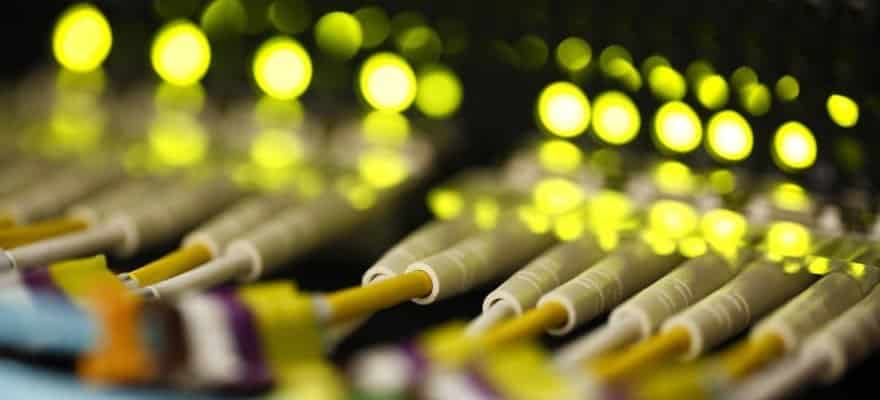There’s a lot of emphasis on data these days, and that’s with good reason. We’re living in an unprecedented age, where data is more widespread and useful than ever before. And we’re producing it on a massive scale all the time. The amount of data we produce is expected to double every two years for at least the next decade.
This data is extremely valuable, too. In the age of self-driving cars and the Internet of Things, we can see the possibilities of data all around us. But even the data we produce that’s related to our own lives (like our location, buying habits, and hobbies) is useful too.
That’s because companies can use this data in advertising, research and development, and to make a whole lot of money.
The trouble is, in the current environment that data isn’t always handled fairly and properly. Users are often not rewarded for their data, and platforms are even sometimes irresponsible with private data, carelessly allowing it to fall into the wrong hands.
With data becoming more important and useful all the time, it’s vital to find better ways to manage it, where the customer’s rights come first.
The problems with the data economy right now
Right now, one of the biggest issues with data is too much centralization. Platforms like Facebook and Google have access to a huge amount of highly useful data. Thisdata contains information about what users like, where they spend their money, and — ultimately — what they’re likely to buy.
Because they have such a monopoly on all this data, these platforms can then work with advertisers and companies to help them develop products and target ads. The advertisers have no choice but to play by their rules, since the data is so crucial.
Unfortunately, users aren’t rewarded, despite the enormous value of their data. Most of the money goes to Facebook and Google — these two companies alone account for about three quarters of the U.S. digital advertising market.
To make matters even worse, these third party giants often don’t look after this data properly. The Cambridge Analytica scandal earlier this year was proof of that. Facebook allowed a third party political consultancy firm to access large amounts of their users’ data. This was a serious breach of user privacy and led to a real dip in customers’ trust.
The result now is that people are overwhelmingly concerned about how their personal data is used. In one recent survey 94% of respondents said they were concerned about their data.
To fix this, we need to build a system without these powerful middlemen. We need to allow users to get fair rewards for their valuable data and give companies direct access to this data without filtering through a third party. The answer could be Blockchain technology.
How blockchain could fix data
O2OPay is one startup that wants to redesign the way we use data and the way we’re rewarded for it. They’re building a platform, based in blockchain technology, that aims to decentralize the data economy and reduce the dominance of third party tech giants.
They plan to do this by allowing users to share their data directly with companies and advertisers, removing the need for a middleman (and therefore their fees). In this kind of system, users get control over their own data instead of sacrificing it to a Facebook or Google.
O2OPay also want to combine both online and offline data. Online data is the stuff we generate solely online — it includes things like search information, chats, and social media activity. Offline data, on the other hand, is data we generate offline. That can be information about Payments , subscriptions, and our location.
When used together, these two types of data can build a far more accurate and complete profile of a user. This is much more useful to businesses, allowing them to market and advertise more accurately and effectively, and carry out better research and development.
Ultimately, it allows companies to more clearly understand their customers and deliver a better service to them as a result.
This system also removes worries about security. Because blockchain is immutable and transparent, it’s possible to track data closely. This reduces concerns about misuse and unfair sharing and allows users to see clearly how their data is used.
Users are rewarded in tokens for the data they generate in O2OPay, and businesses can focus on doing their job more effectively. It’s a win for everyone. Blockchain isn’t a cure-all for everything, but it can change the way we handle data. And in a world where data is becoming king, that could be a very important job.
Disclaimer: This is a contributed article and should not be taken as investment advice












